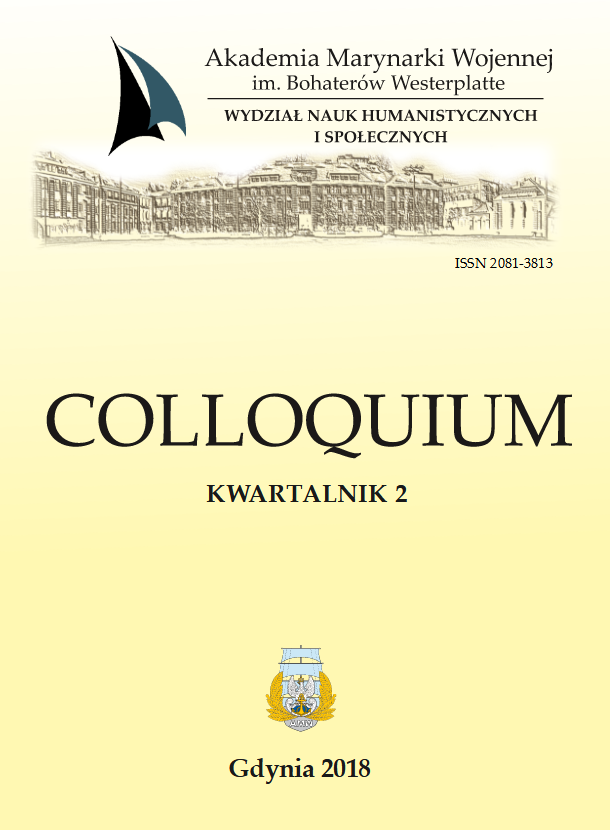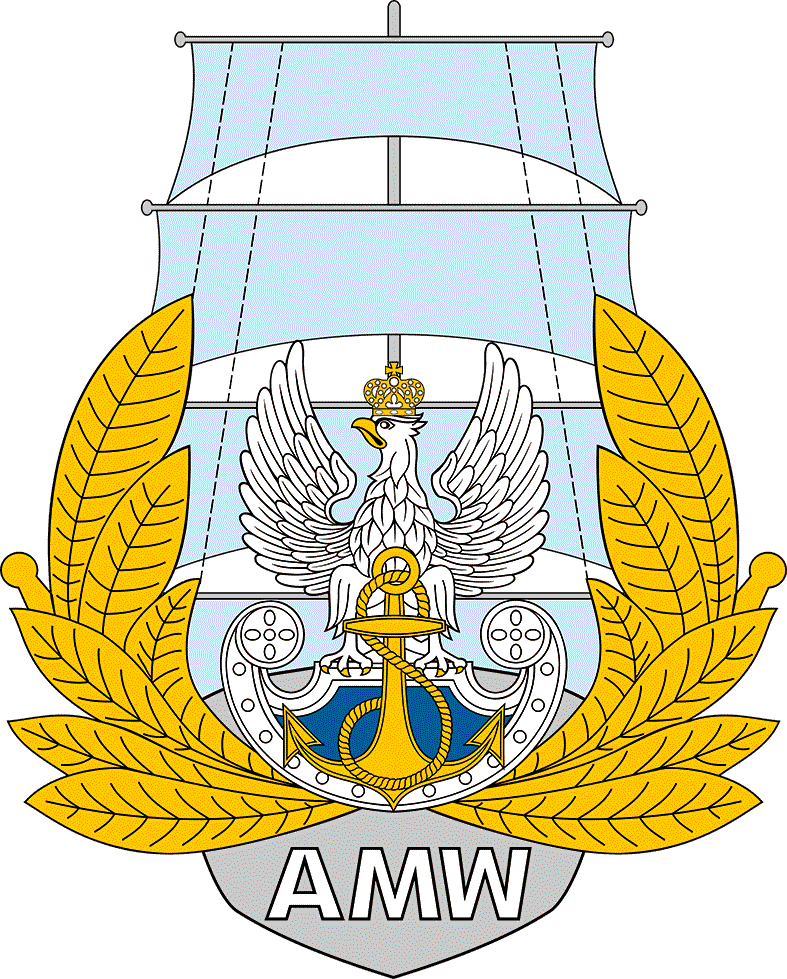QUALITATIVE RESEARCH IN THE POLITICAL DISCOURSE (ON THE EXAMPLE OF ELECTION LEAFLETS FROM XX-XXI CENTURIES)
Keywords:
qualitative research method, political discourse, election discourse, text, toral leaflet, persuasion, rhetoric, textuality criteriaAbstract
The article discusses the use of qualitative research in the analysis of a political text – an electoral leaflet, which is one of the genres of electoral text in political discourse.
The source material consisted of leaflets from the elections to the Parliament and from local elections that took place in Poland in the 20th century and at the beginning of the 21st century.
Qualitative research enables the analysis of the sender, the sender’s intention, the recipient, and the content of the text, including its informational and persuasive layers as well as the analysis of the rhetoric principles used in the text, the criteria of textuality, or the influence of the context. Qualitative research helps to better understand the factors that determine the intelligibility, unambiguity, informational fullness of the text and, hence, its effectiveness in political communication.
The qualitative method makes it possible to study the content of the text, its functions, structure, and thus the quality of the volatile text and, morebroadly, the quality of political discourse.
Downloads
Published
Issue
Section
License
Copyright (c) 2018 Colloquium

This work is licensed under a Creative Commons Attribution-NonCommercial-NoDerivatives 4.0 International License.






